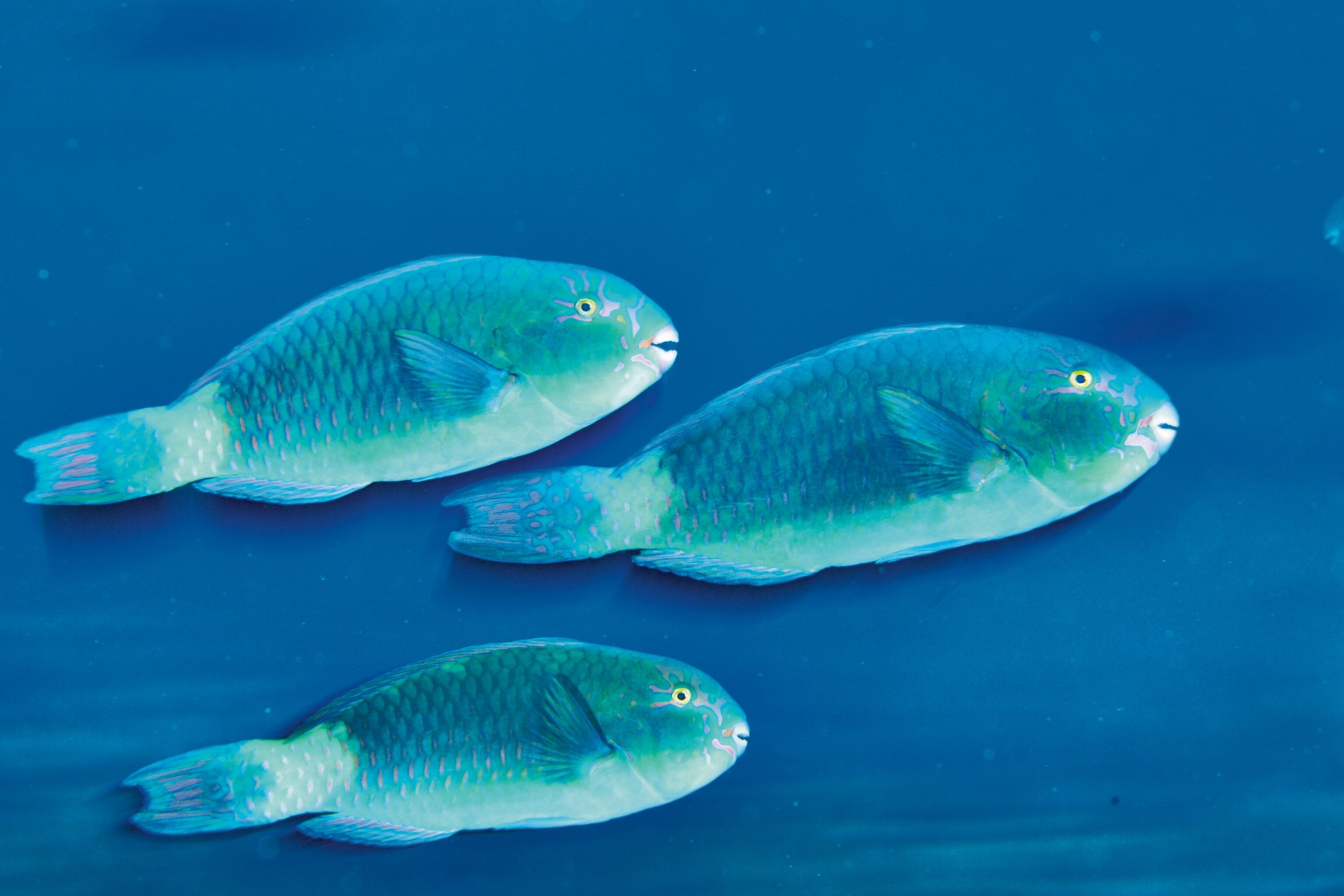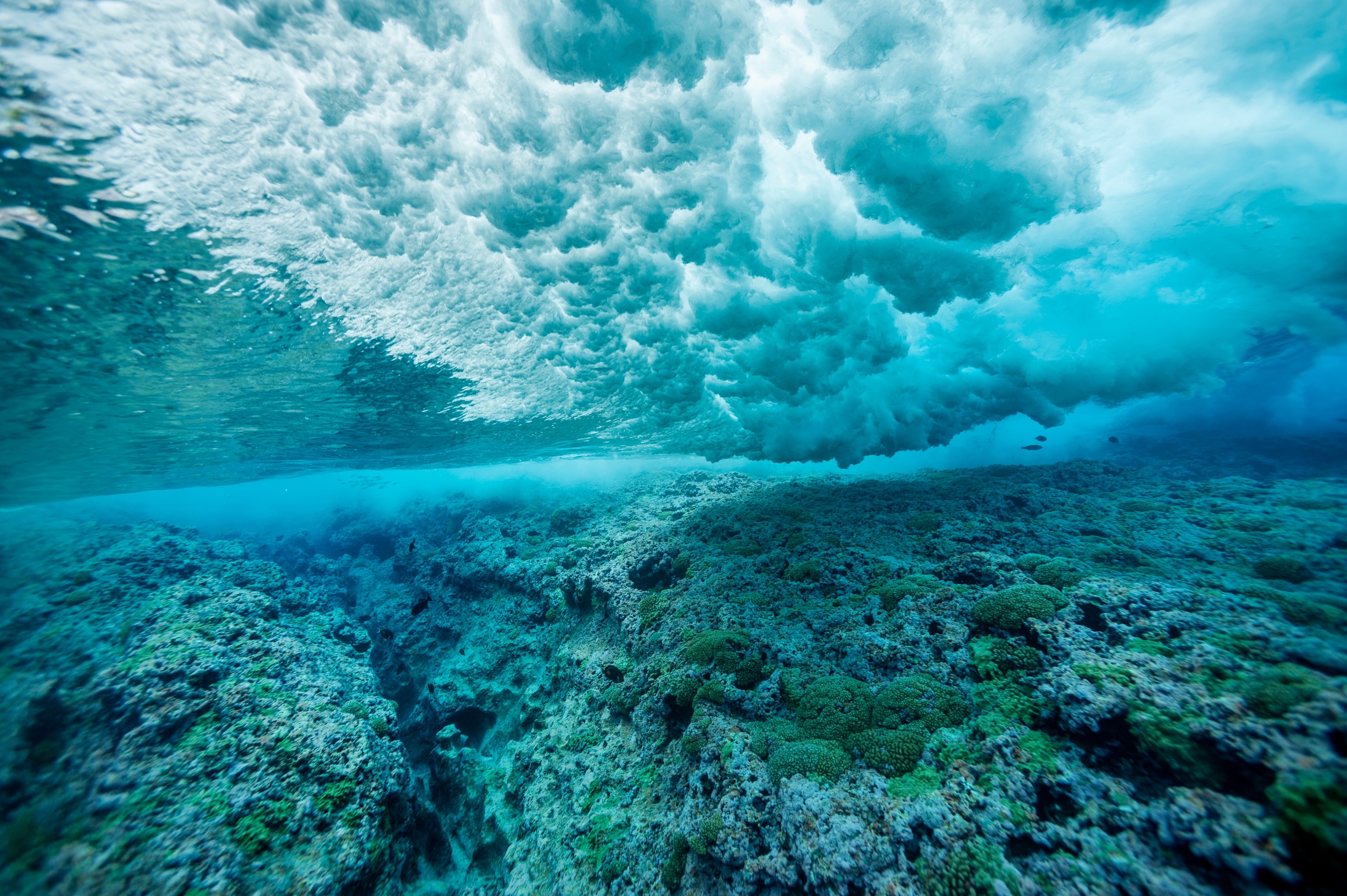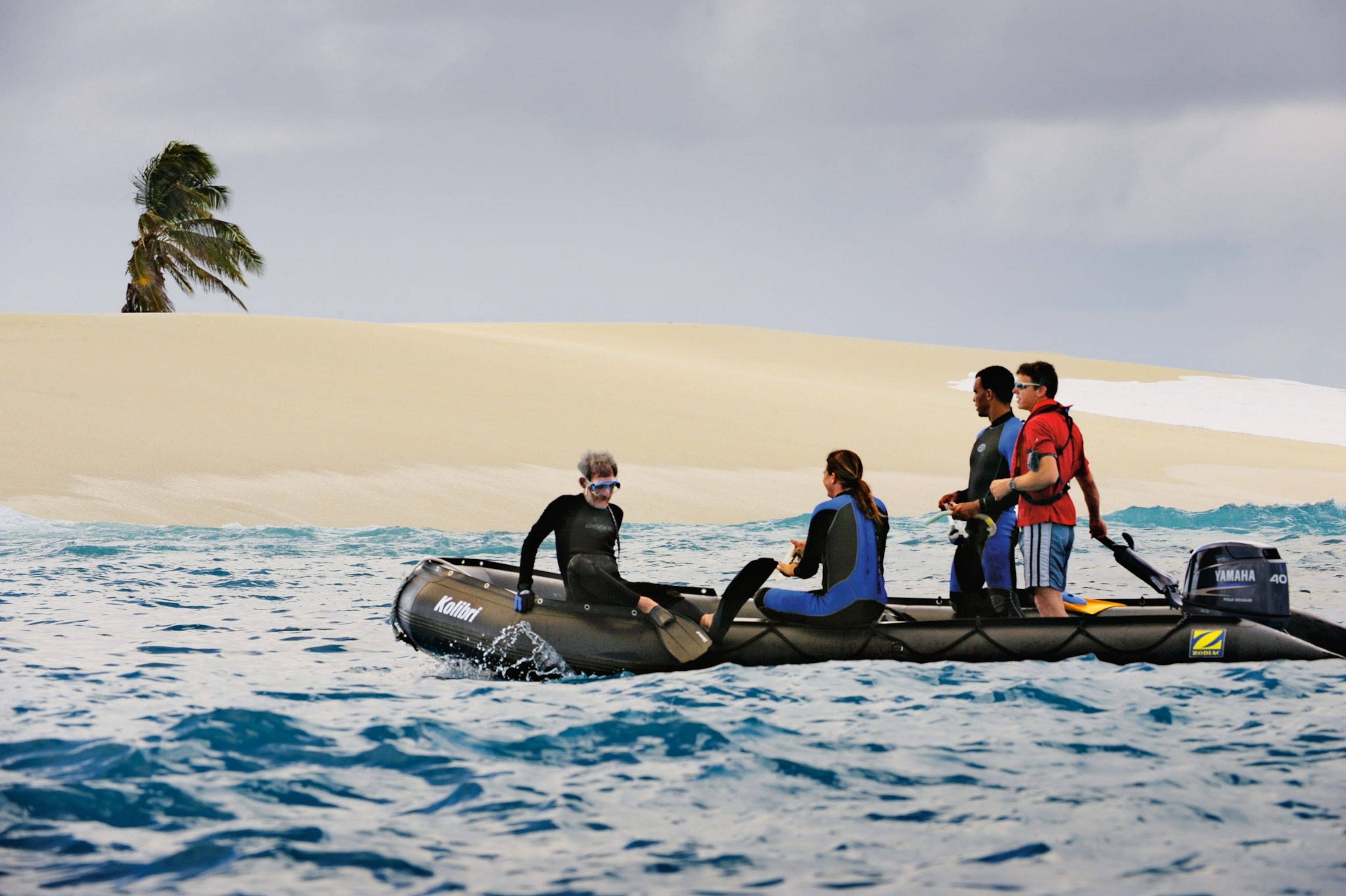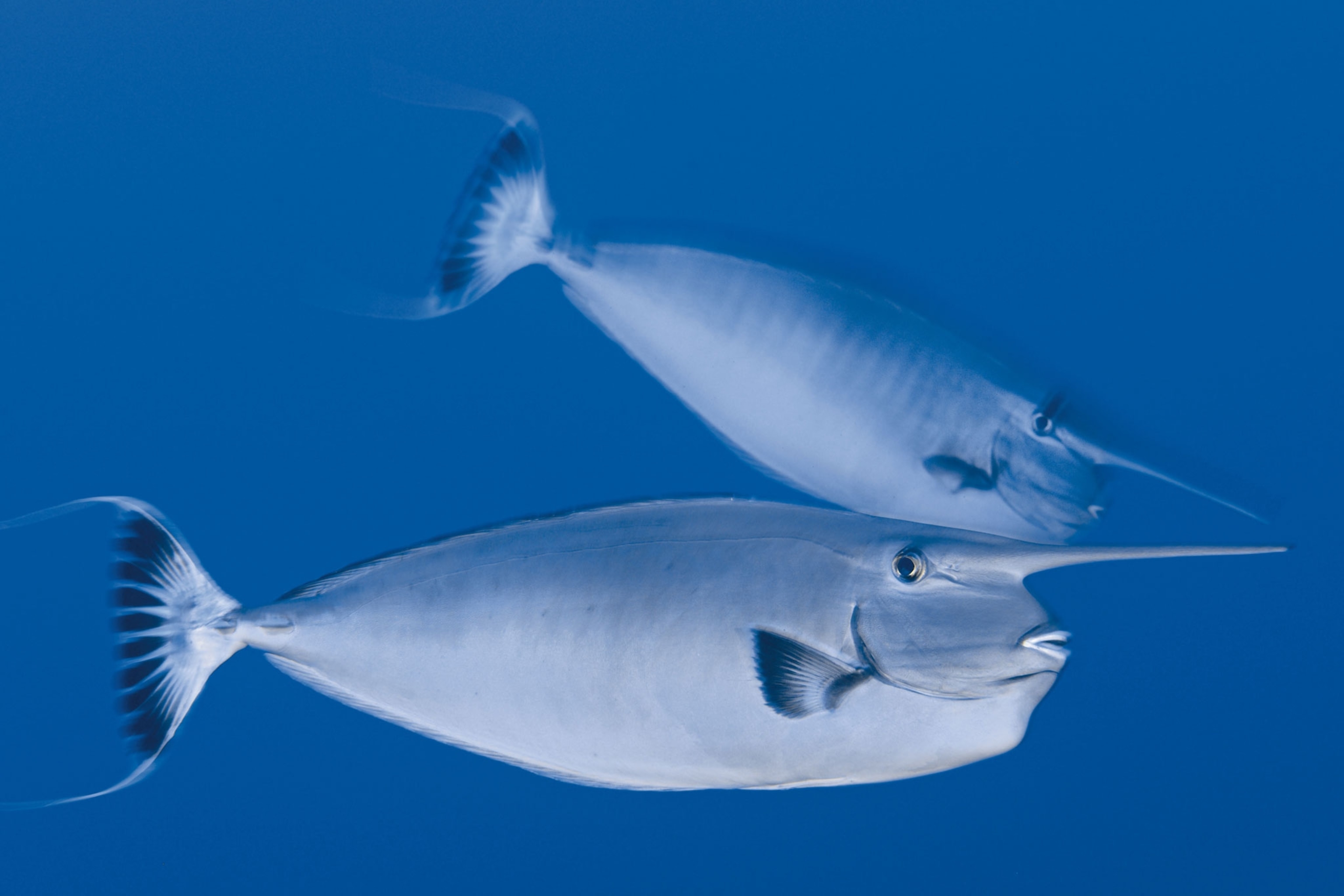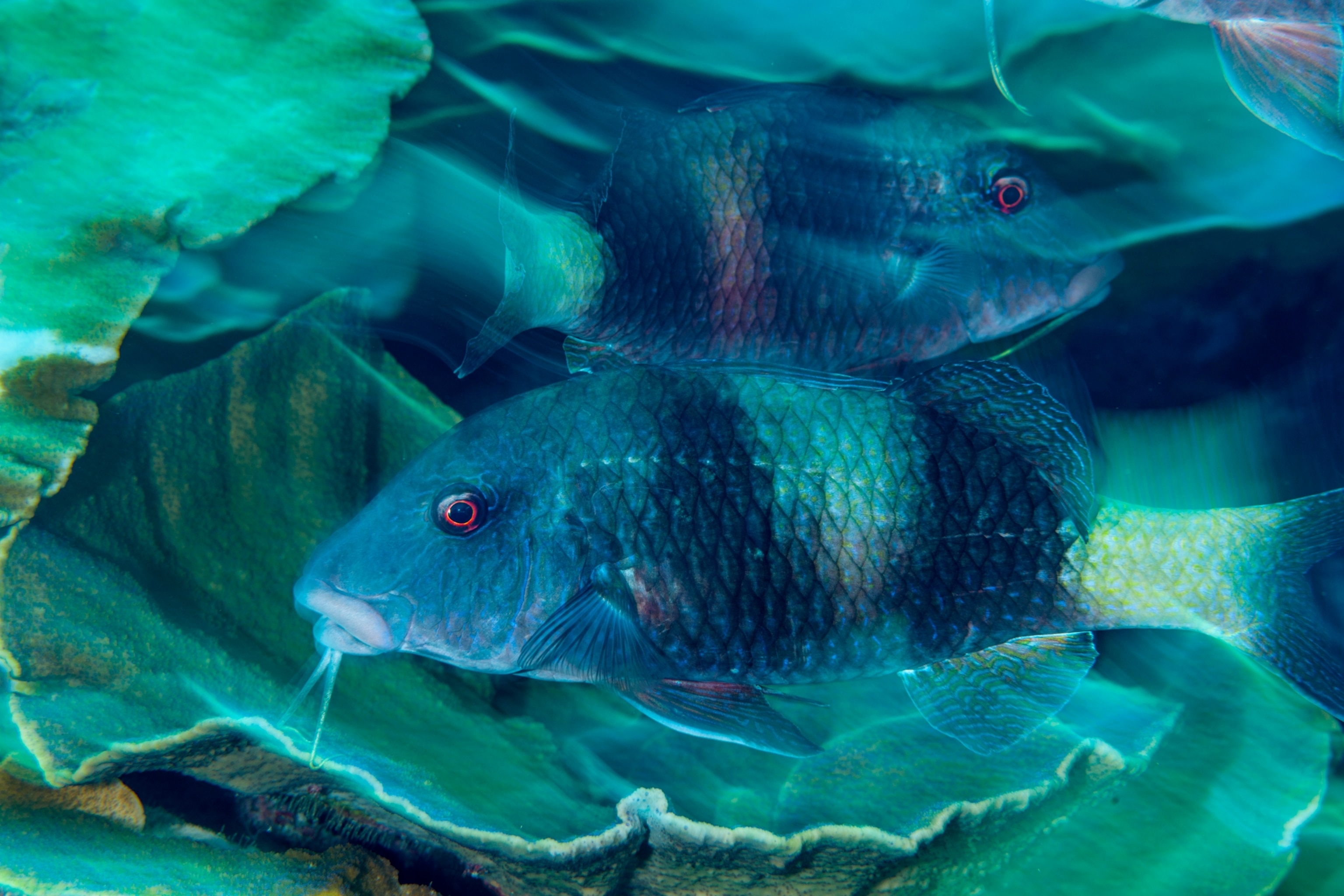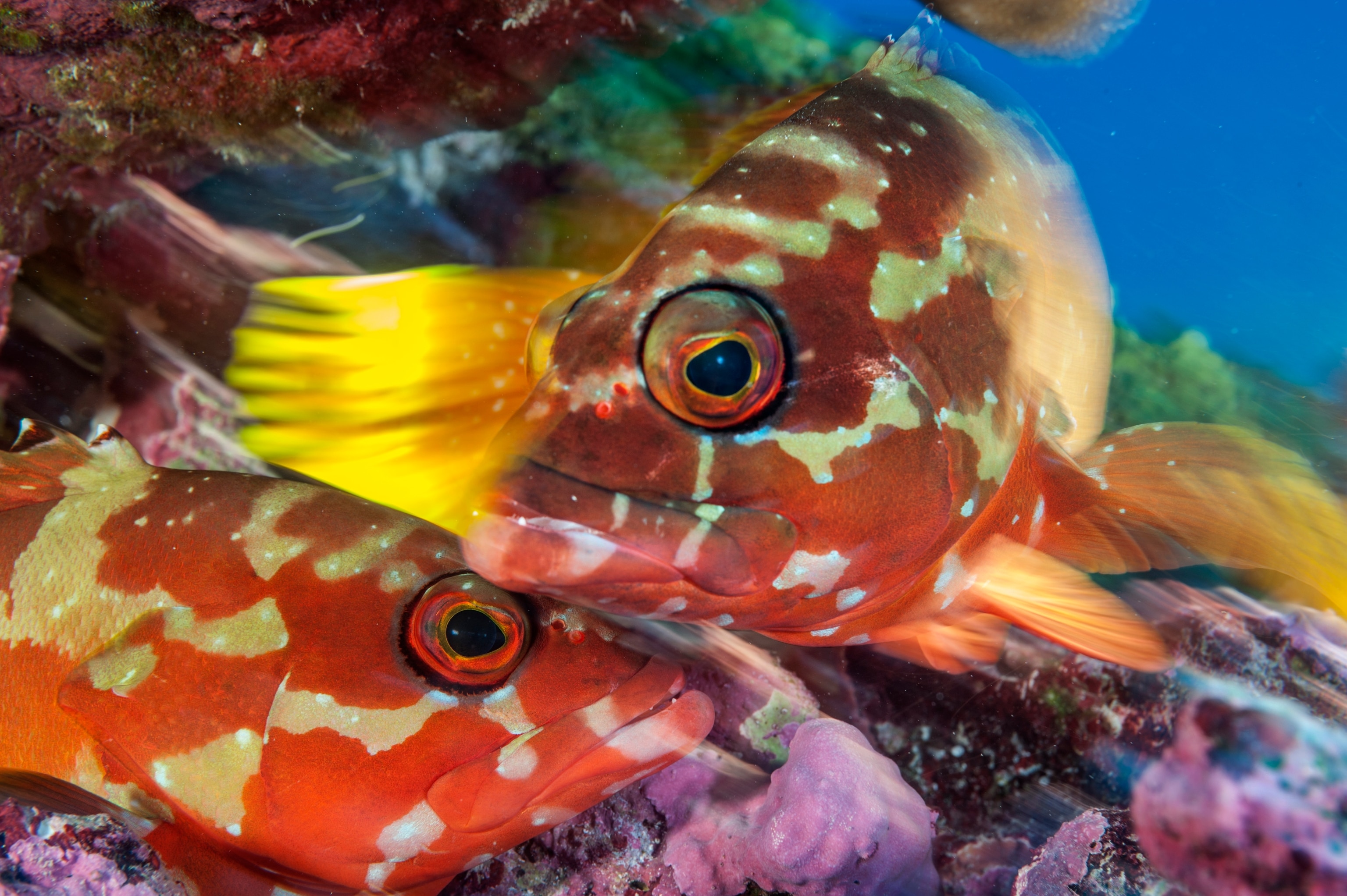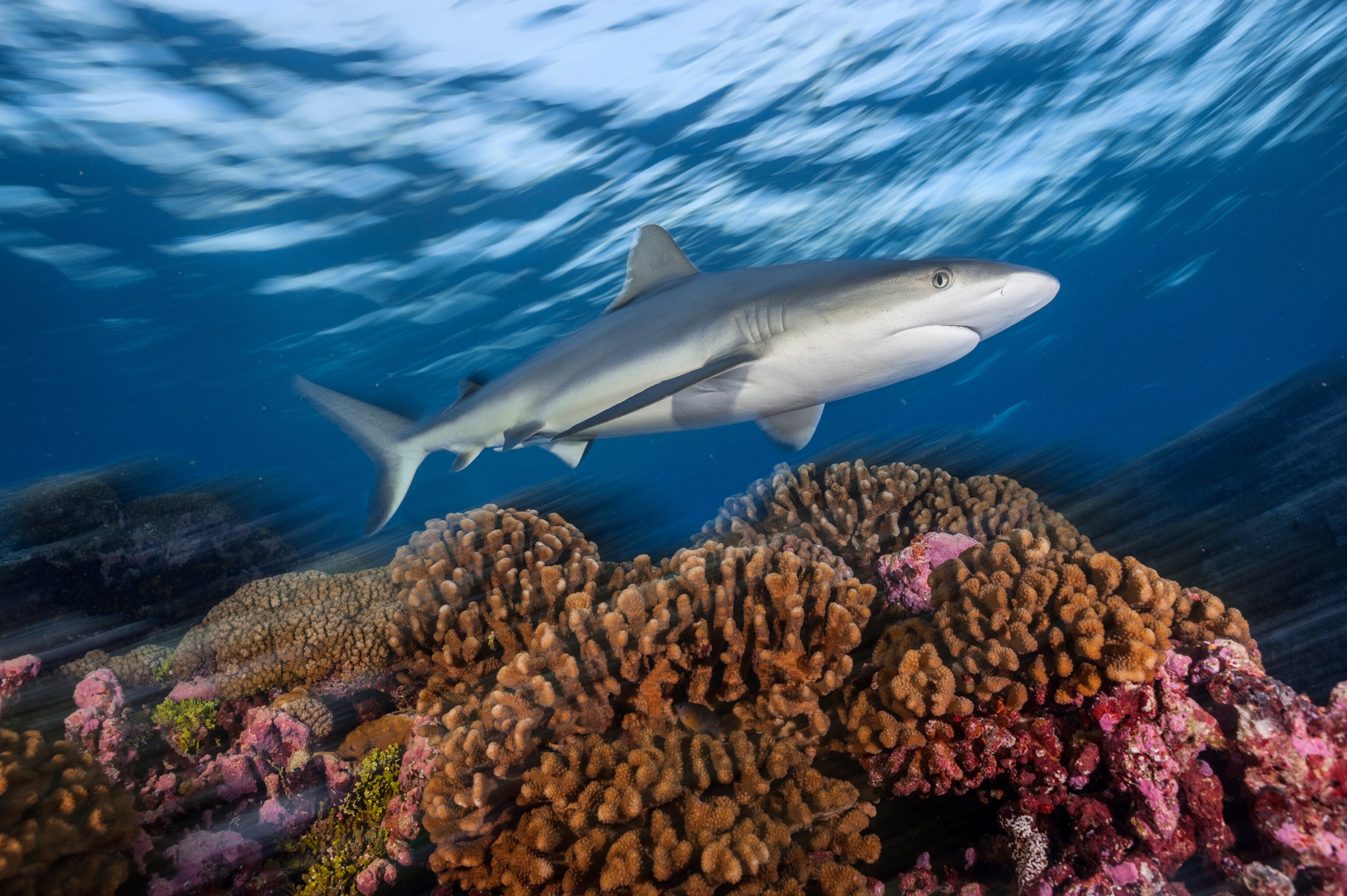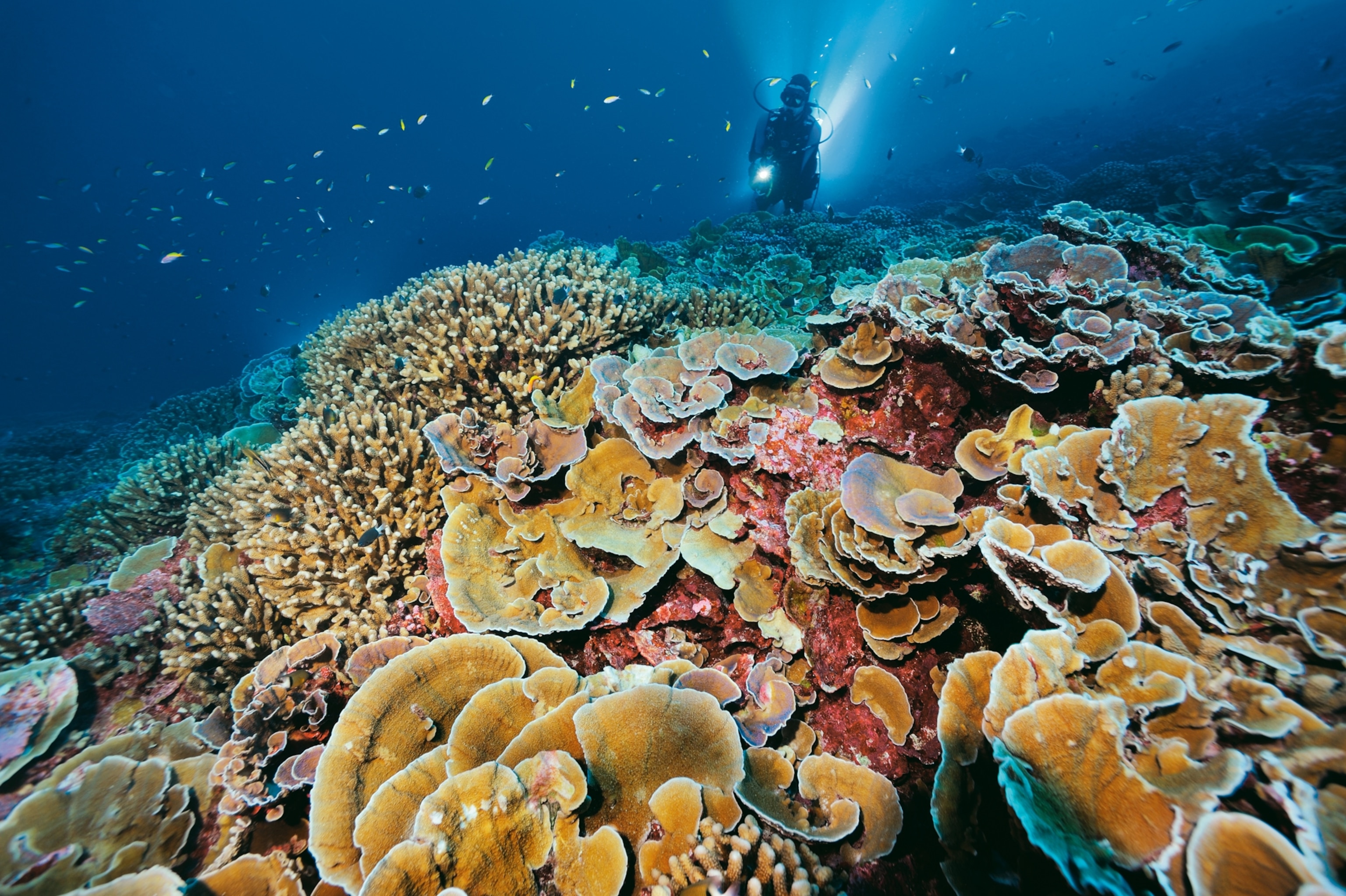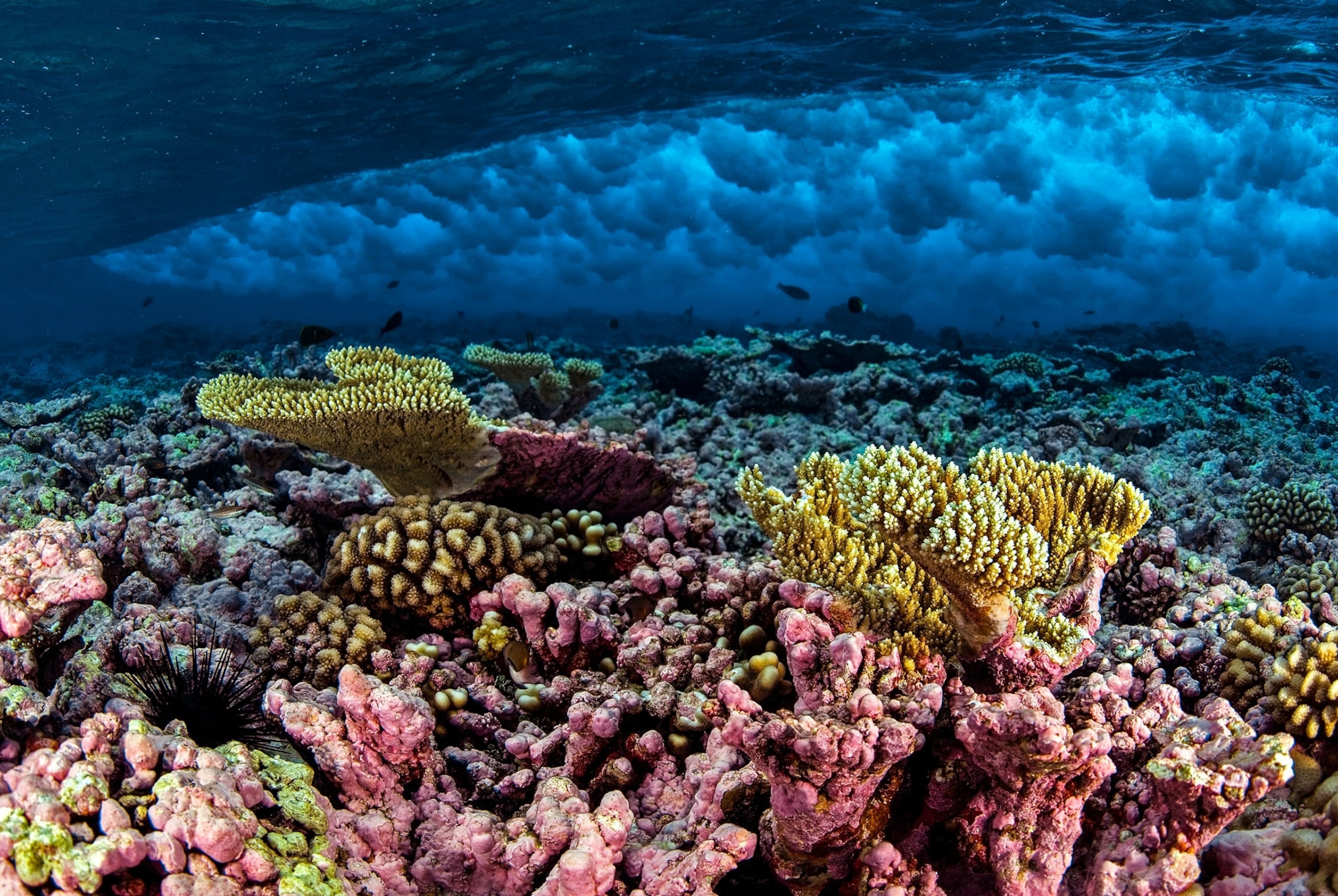
To prevent the next deadly disease, we must stop harming nature
The coronavirus pandemic proves it: By damaging the planet, we have sapped nature’s power to protect humanity from diseases.
This story appears in the September 2020 issue of National Geographic magazine.
Since my childhood by the Mediterranean Sea, I’ve been enchanted by the diversity of life on our planet and eager to learn all I could about it. I’ve spent much of my career studying the ocean food web, where in the course of natural events the smallest of the small are consumed by larger and larger predators, often ending in us. But scientists know there is more to the story, and I’ve been humbled to see life on our planet brought to a standstill by a tiny virus.
From a Wuhan, China, “wet market” where freshly butchered meat and live wild animals are sold for food and medicine, the virus likely was transmitted in late 2019 via wildlife to humans. And in a matter of months, COVID-19 has felled hundreds of thousands of Homo sapiens, Earth’s preeminent predator.
(The ‘balance of nature’ is an enduring concept. But it’s wrong.)
Writing about this for my new book, I was deeply saddened: The virus has struck people I knew, in Europe and around the world. But this pandemic is a powerful argument for something I believe unequivocally: that biodiversity is necessary for human health, and ultimately, human survival.
People have been acquiring harmful viruses and bacteria from contact with animals in the wild for millennia. As humans relentlessly encroach upon wild habitats and compete with animals for water, food, and territory, there’s bound to be more physical contact, yielding more conflict—and more contagion.
A 2020 study explored the link between the abundance of species that carry such zoonotic viruses and the likelihood of spillover to humans. Researchers combed the scientific literature, obtained data on 142 zoonotic viruses, and found that rodents, primates, and bats carried more of these viruses than other species. The researchers also found that the risk of virus transmission to humans was highest from animals that are more abundant, because they have adapted to human-dominated environments.
What about risks from the creatures in the ocean, which is more than 70 percent of the planet? Does our exploitation of ocean life also threaten human health? I discovered the answer during our exploration of some of the most remote islands in the central Pacific.
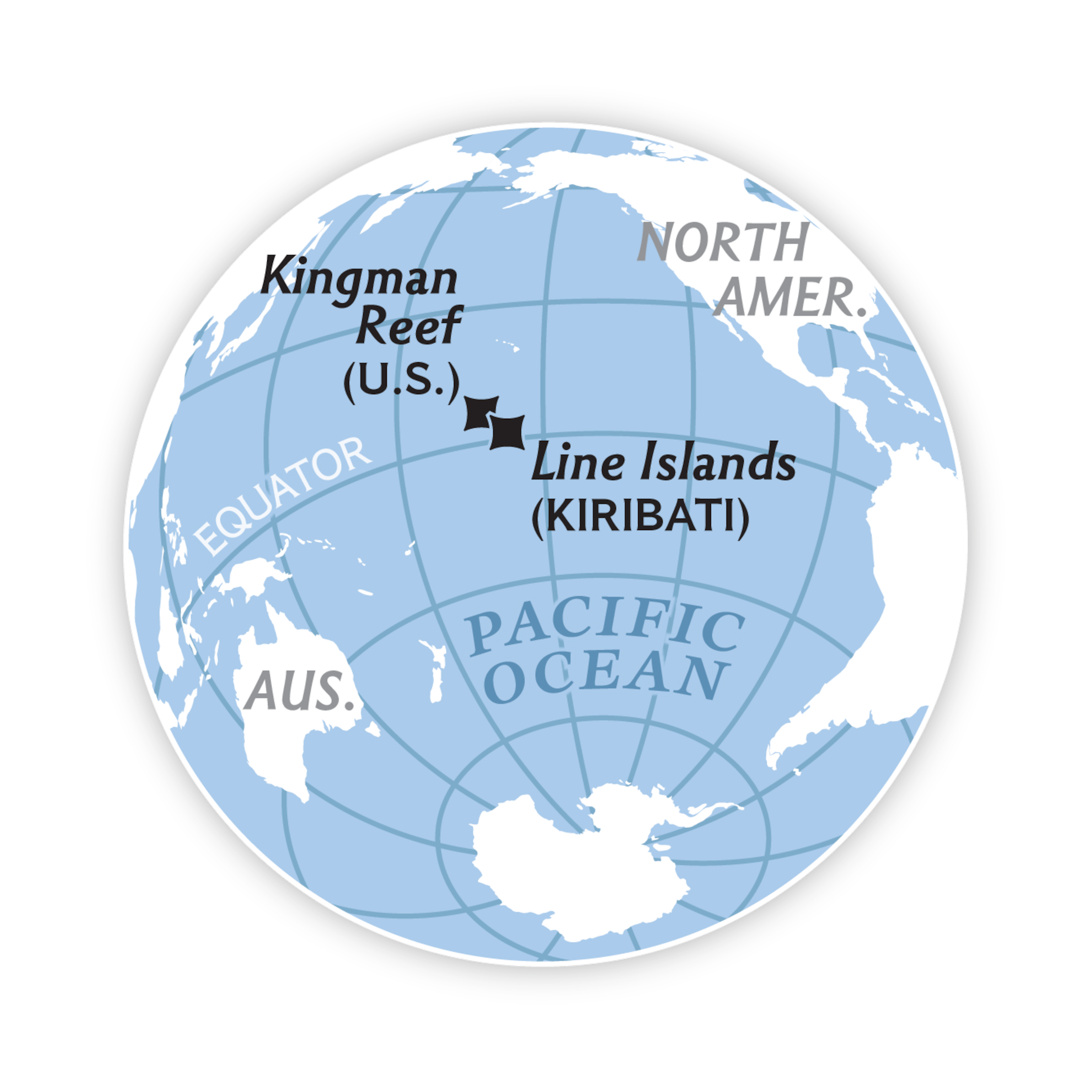
In 2005 I organized my first research expedition to Kingman Reef and neighboring islands. Kingman is the northernmost of the Line Islands, 11 coral islands and atolls that stretch 1,460 miles across the Equator, 1,070 miles southwest of Honolulu. Visiting four of the islands north of the Equator provided the perfect natural experiment to compare different levels of human impact on coral reefs.
Kingman was uninhabited. The next island to the south, Palmyra, had 20 people manning a research station and wildlife refuge. Farther south were Teraina (with 900 people at the time), Tabuaeran (2,500 people), and Kiritimati (5,100 people), which are part of the Republic of Kiribati. These four islands were close enough to share oceanographic and climate conditions, flora, and fauna. The variable that changed across the islands was the number of humans present.
Our team of scientists set out to assess the diversity and abundance of everything—viruses, bacteria, algae, invertebrates, and fish—and to measure how the coral reef ecosystem changes along a gradient of human disturbance. In five weeks of dives, we counted and estimated the abundance and biomass of everything we could. What we found was clear: When people, even just a few hundred, start fishing, they trim the food web from the top. And as their number increases from none to just a few thousand, the coral reef shifts from one with lots of sharks and corals to one without sharks but with lots of small fish and seaweed.
We made another discovery that I had not expected about the smallest creatures on the reef, though.
Conservation is not just a luxury
In ancient times smaller human groups and restricted mobility probably kept diseases local. But over the course of history, humanity has made it very easy for viruses to become evolutionarily successful. We gather in great densities in urban areas and move around the globe like no other species ever has before. We’ve turned wild habitats into cities, farmland, and shopping malls, crowding in on the species with which we share this planet. We’ve created the perfect conditions for a modern plague.
COVID-19 is yet another reminder that conservation is not just a luxury for rich countries or a romantic ideal. Our very survival depends on our being better members of the biosphere, our larger community. —ES
I will never regret inviting my dear friend Forest Rohwer to join the expedition. Forest is a brilliant viral ecologist at San Diego State University and among the first to use genomic technology to study viruses and bacteria in the ocean. That year in the Line Islands, Forest and his small team collected water samples to measure microbe abundance relative to human presence. They found 10 times as much bacteria in the water in Kiritimati than in Kingman.
Not only did the microbial numbers increase with greater numbers of people; what the bacteria did also changed dramatically. At Kingman we found crystal clear waters, where half the microbes were very small bacteria like Prochlorococcus, which simply photosynthesize for a living. By contrast, at Kiritimati we found murky waters where about a third of the bacteria were pathogens, including several types of Staphylococcus, Vibrio, and Escherichia.
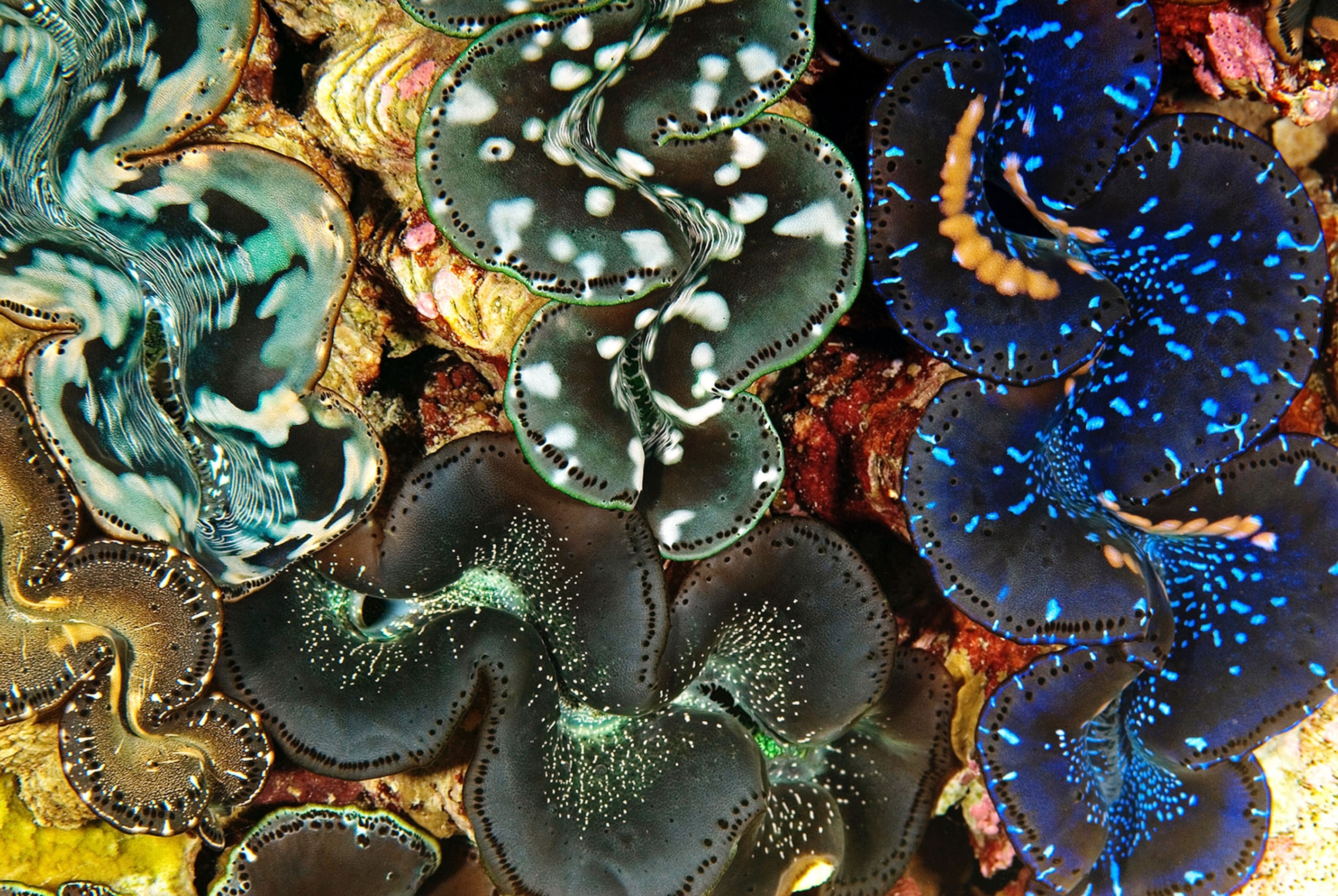
Especially worrying was Vibrio, which can cause diseases in corals, contributing to the shift from coral-dominated to seaweed-dominated reefs, which in turn enhance microbial blooms. Vibrio can also cause fatal diseases in humans, such as cholera, gastroenteritis, wound infections, and septicemia. Forest calls this ecosystem shift—from mature, stable, and full of large animals to immature and dominated by small creatures—the “microbialization” of coral reefs.
In April and May 2009 we conducted the first National Geographic Pristine Seas expedition to five of the Line Islands south of the Equator, all uninhabited. There we found what we had found at Kingman: clean water and extremely high fish biomass, including many sharks, and a reef dominated by living coral. In the lagoon of Millennium Atoll, we marveled at the abundance of giant clams—something we had also observed in the lagoon at Kingman.
If we degrade habitats, animals become stressed and shed more viruses. On the other hand, habitats with diverse species harbor less disease.
Giant clams filter water through their bodies and capture microorganisms from it for food, and we wondered how much they helped to keep the water that clean. Forest collected water from the lagoon and filled experimental aquariums on board our ship: some with a living giant clam in them, some with an empty clamshell, and some with nothing but water. Then he measured the abundance of bacteria and viruses over time. The results were astonishing. The giant clams removed most bacteria and viruses from the seawater within 12 hours, while the water in the other aquariums became turbid and loaded with microbes. Forest then added Vibrio to each aquarium, from a culture he had brought with him on the expedition. (Who else travels with Vibrio?) As expected, the giant clams in the experimental aquariums significantly reduced Vibrio, which thrived in the control aquariums.
It’s another way nature controls viruses—filtering them out of the system—that we’re only now recognizing. Giant clams have been harvested for meat and shells from most reefs in the Pacific and are almost gone in many places. People have unknowingly been removing natural filters—the N95 masks of the lagoon—that were protecting them against disease.
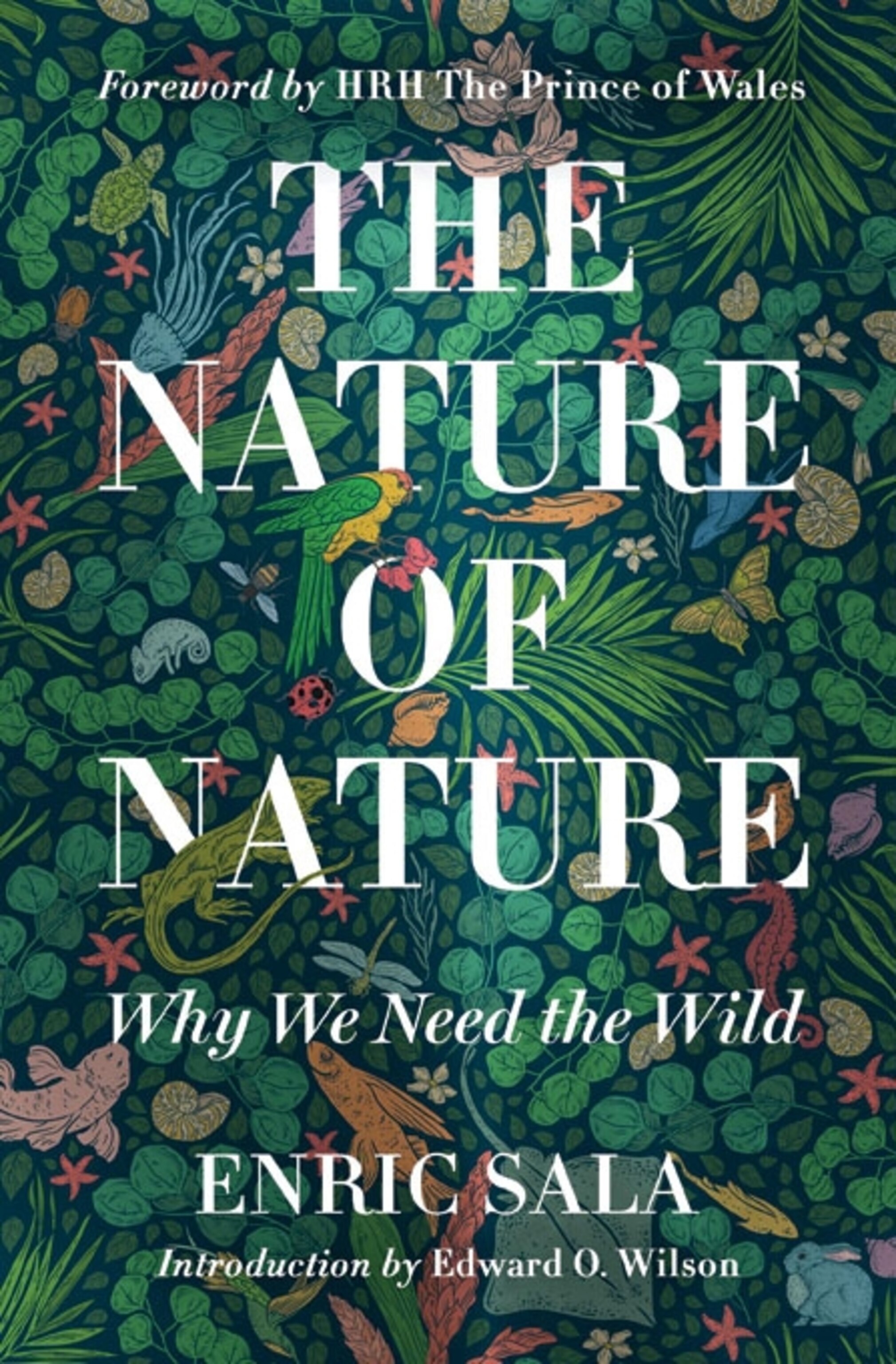
We are all in this together, all species on the planet. So what can we do? While the world has stepped up to help those in need during the COVID-19 outbreaks, we might also start thinking about how to prevent the next zoonotic pandemic.
We have seen, again and again, that even though we don’t know what most of them do, all wild animals have important jobs that keep our biosphere running. If we’ve learned anything from our study of natural ecosystems as it applies to these recent diseases, it’s that instead of exterminating wild animals to stop the passage of disease to people, we should do the opposite: We should safeguard the natural ecosystems that are their homes and, if needed, help set them back on their path to maturity through rewilding.
If we degrade habitats, animals become stressed and shed more viruses. On the other hand, habitats with diverse microbial, plant, and animal species harbor less disease. Biodiversity dilutes any viruses that emerge and provides a natural shield that absorbs the fallout from pathogens.
Clamping down on the illegal trade of wildlife, ending deforestation, protecting intact ecosystems, educating people about the risks of consuming wildlife, changing the way we produce food, phasing out fossil fuels, and transitioning to a circular economy: These are the things we can and must do.
Even if it’s just for selfish reasons—for our own survival—now more than ever, we need the wild. A healthy natural world is our best antivirus.


